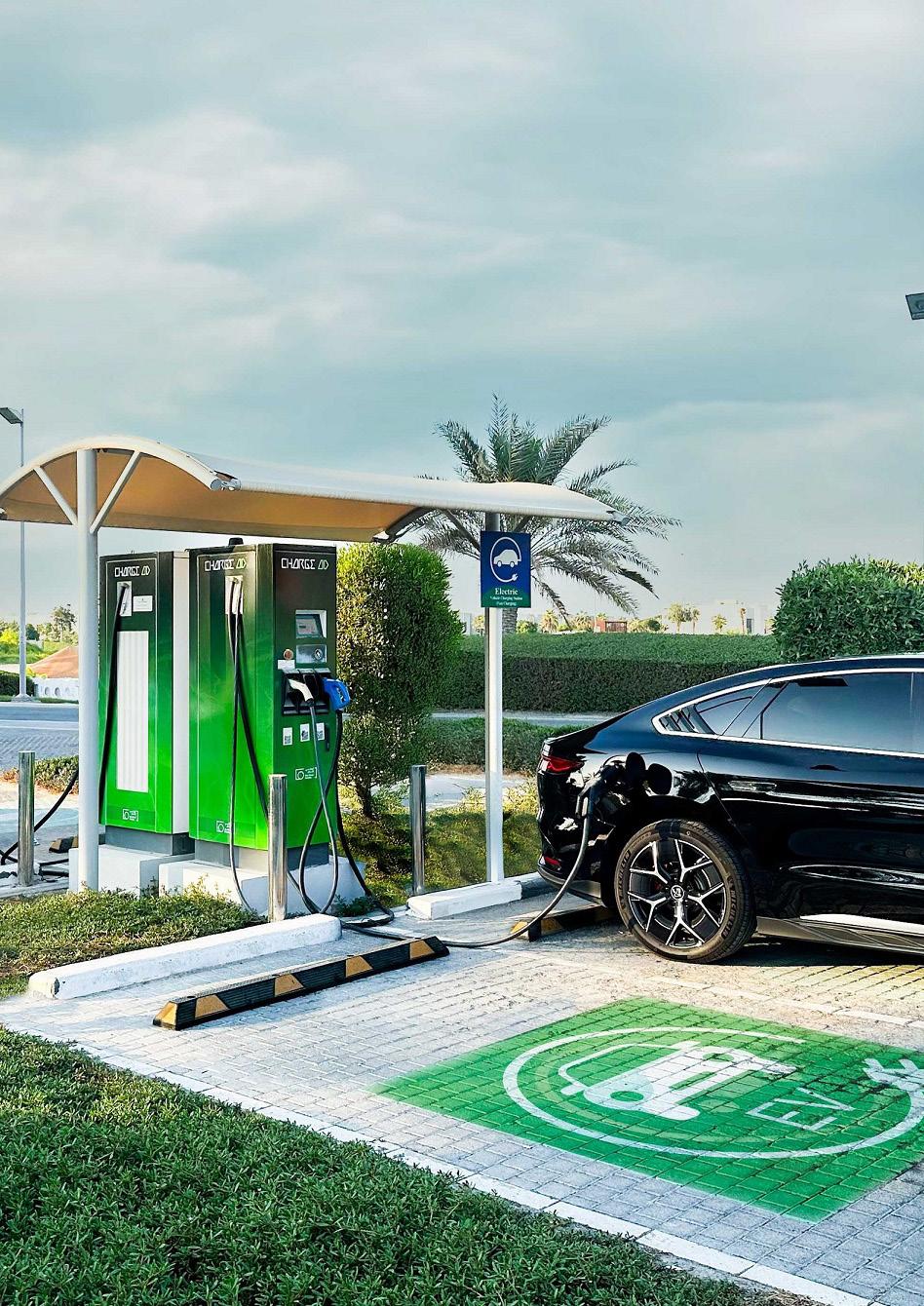

DRIVING THE FUTURE: HOW ABU DHABI
MOBILITY IS SHAPING THE SMART TRANSPORT REVOLUTION
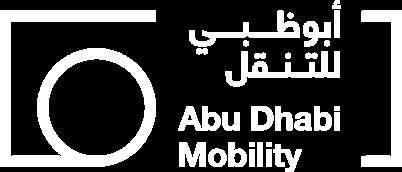
Welcome to EGME
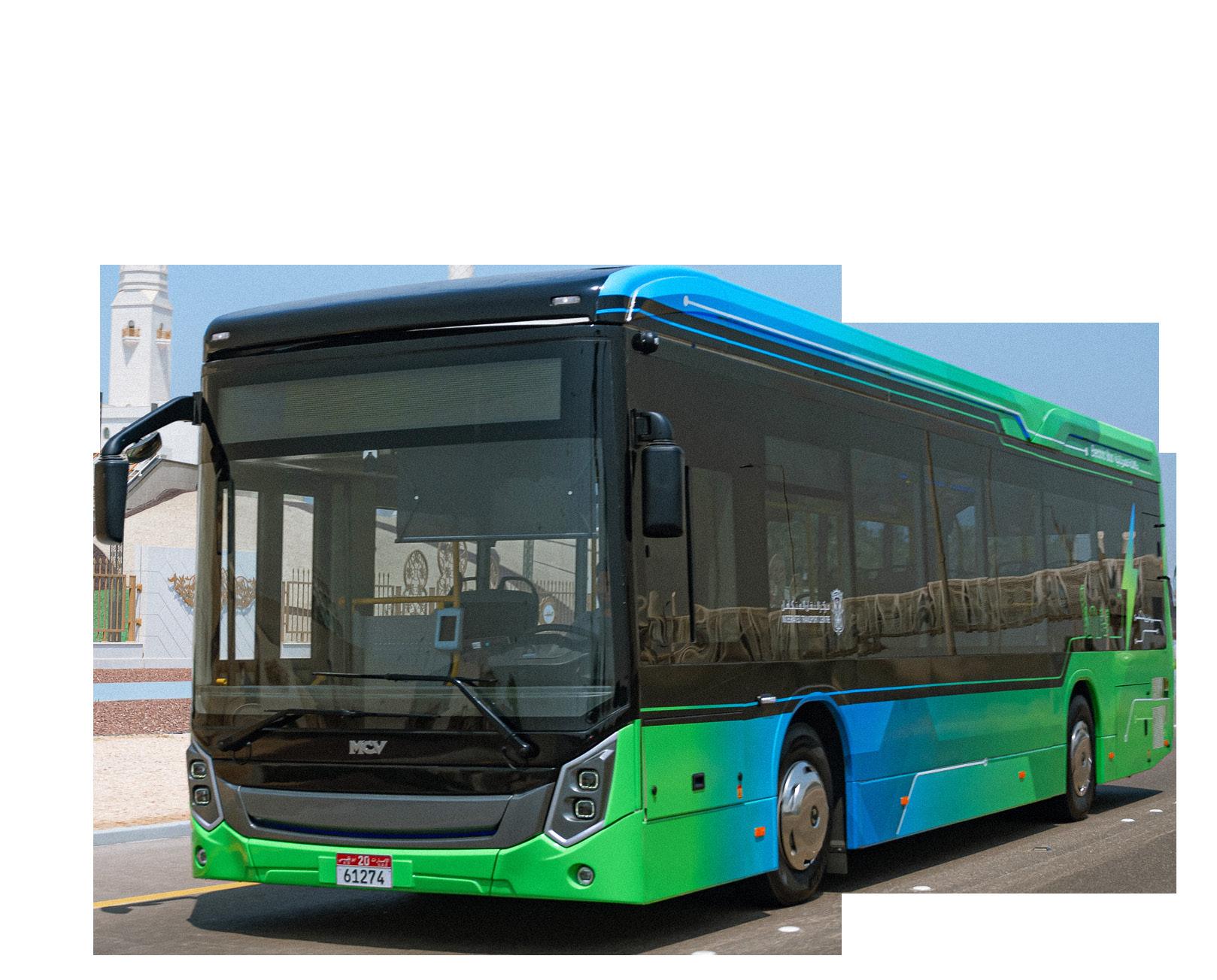
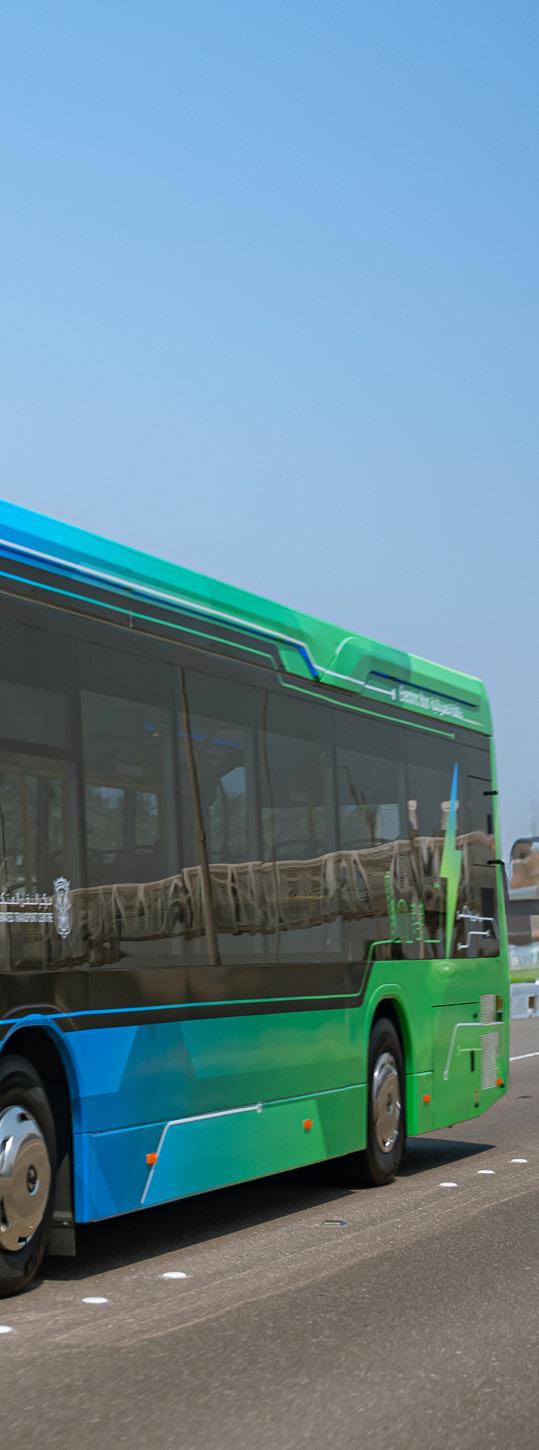
Emirates Global Motor Electric, a member of Alfahim group, Is a dedicated company for Electrifying commercial vehicle fleets through a wide range of products including Battery Electric Trucks, Buses, vans, Hydrogen powered buses as well as multiple range of chargers and battery swapping stations.
Emirates Global Motor Electric (EGME)
Emirates Global Motor Electric (EGME), a part of the Al Fahim Group, is dedicated exclusively to electrifying commercial vehicles across the UAE. EGME offers endto-end solutions, including vehicle supply— available through purchase or leasing— Charging-as-a-Service (CaaS), conversions and body building, repair and maintenance contracts, and vehicle connectivity. By offering a comprehensive service, we aim to simplify the transition for our partners looking to integrate electric commercial vehicles (ECVs) into their fleets, starting with trials and demonstrations as a proof of concept.
Established in 2022, EGME has thoroughly tested its range of electric commercial vehicles under peak summer temperatures and in some of the UAE’s most demanding operational environments. This ensures our vehicles meet both customer expectations and the region’s unique environmental challenges.
A key milestone for EGME has been our partnership with the Integrated Transport
Centre (ITC), which began during COP28. As part of this collaboration, we introduced nine battery electric intercity buses manufactured by MCV operating between Abu Dhabi Airport and Expo City Dubai. These buses are now serving daily routes within Abu Dhabi, connecting key areas such as Al Rahba, Saadiyat Island, and the city center.
In addition, EGME delivered six green buses—three battery electric city buses manufactured by MCV and three hydrogen fuel cell manufactured by Wisdom motors (1 x city hydrogen bus, 1 x intercity hydrogen bus & 1 x double decker bus)—which operate up to 18 hours per day across Abu Dhabi, contributing to the city’s shift toward sustainable public transportation.
Looking ahead to 2025, EGME is focused on scaling up the deployment of electric commercial vehicles by expanding collaborations with existing and new partners. We are set to launch a new range of projects, vehicles, and services that will be announced soon—marking the next phase in driving sustainable transport across the UAE.
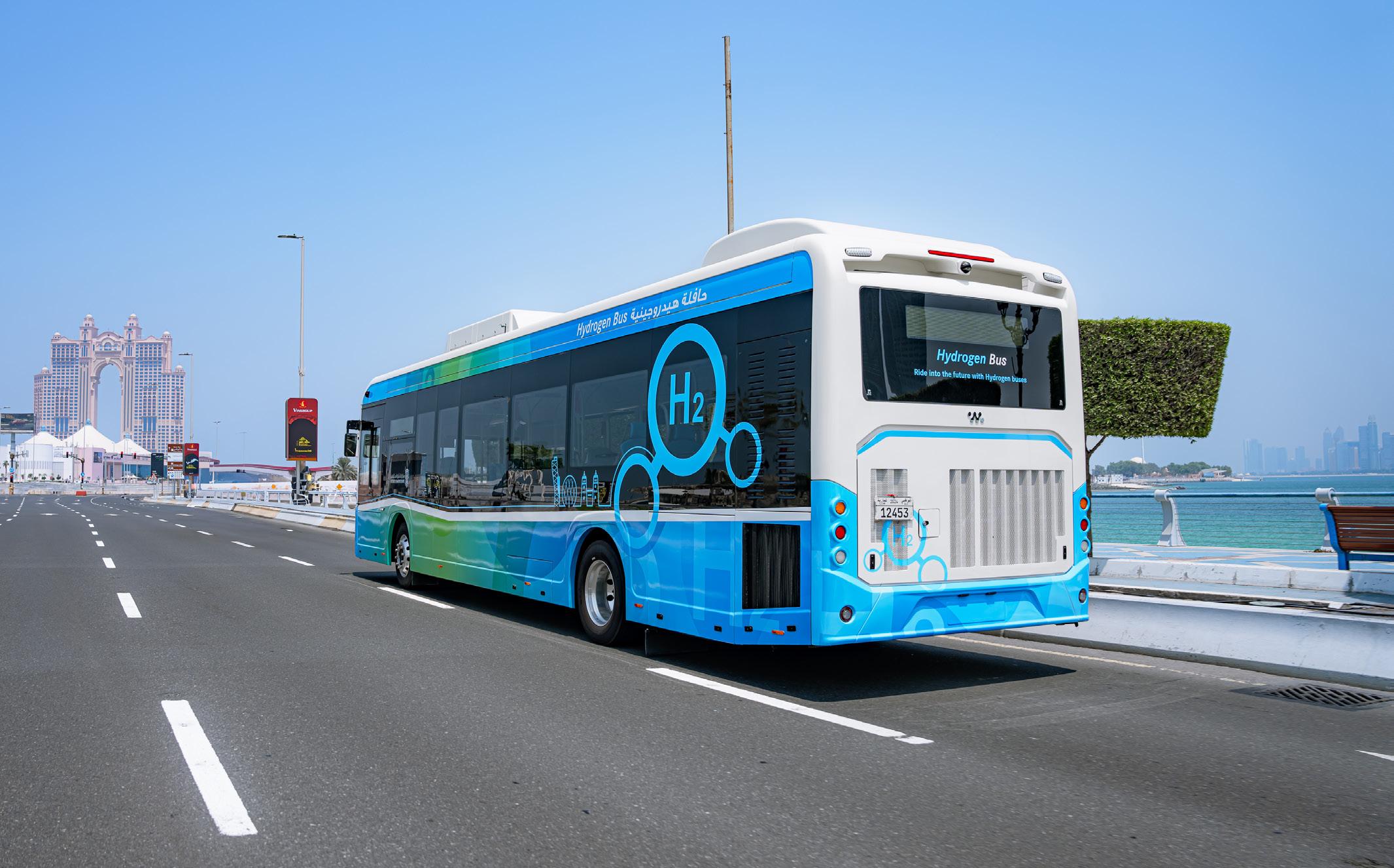
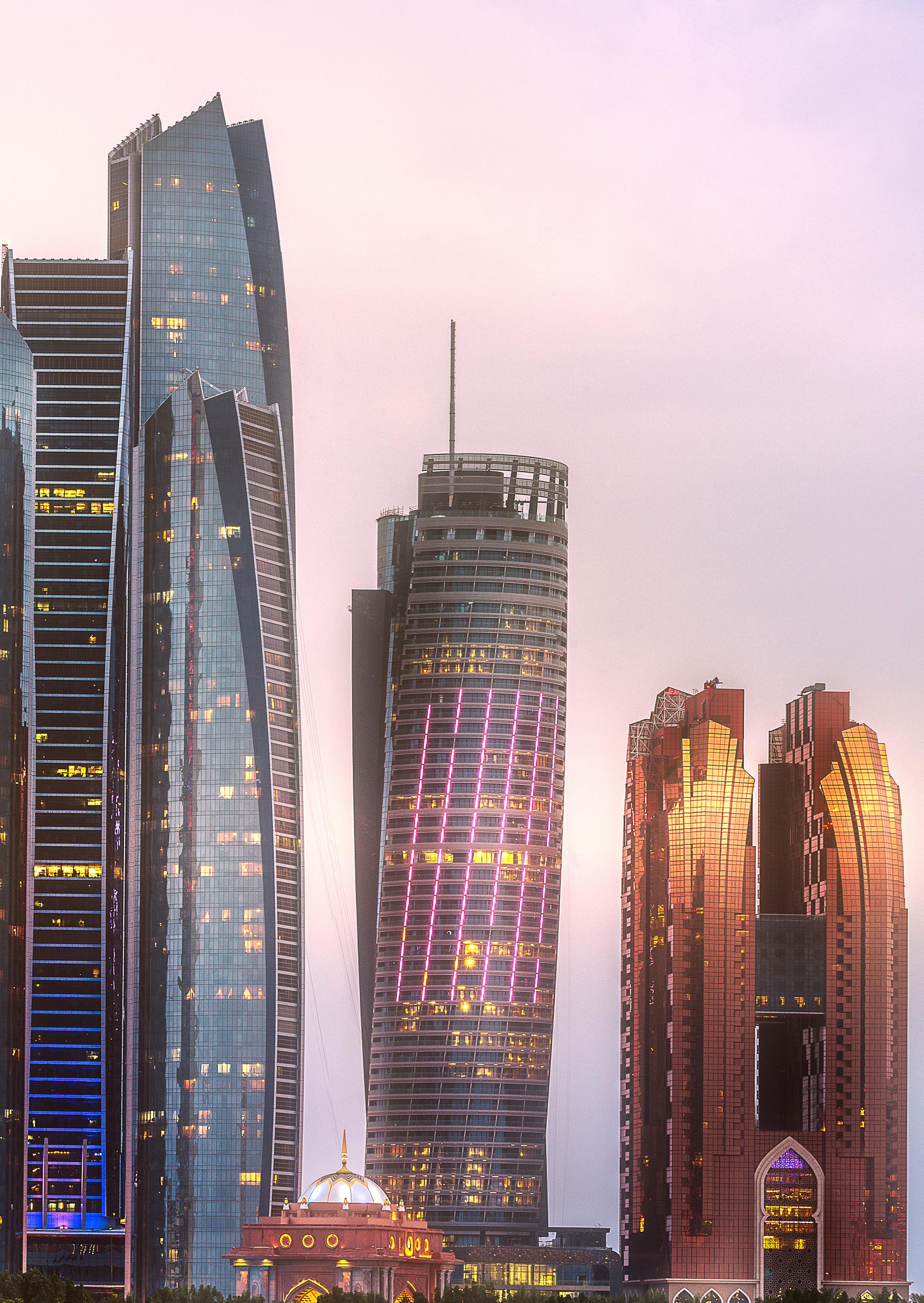
DRIVING THE FUTURE: HOW ABU DHABI MOBILITY IS SHAPING THE SMART TRANSPORT REVOLUTION

PROJECT DIRECTED BY:
ADEL MHIRI

As global cities race toward sustainable, data-driven futures, the United Arab Emirates stands at the vanguard of urban innovation— and nowhere is this more evident than in its capital, Abu Dhabi. At the heart of the city’s transformation lies the Integrated Transport Centre (Abu Dhabi Mobility), an affiliate of the Department of Municipalities and Transport. Through pioneering technologies, ambitious infrastructure developments, and a forward-thinking vision, Abu Dhabi Mobility is redefining how residents and visitors move through the city.
From autonomous taxis to AI-optimised transport systems, Abu Dhabi Mobility is building a multimodal, efficient, and sustainable urban mobility ecosystem— poised not only to meet today’s challenges but also to lead the global smart mobility movement of tomorrow.
A Smart, Seamless Mobility Vision
As Abu Dhabi’s skyline continues to evolve with rapid urban expansion, so too does its transport landscape. Abu Dhabi Mobility is spearheading a fundamental shift toward integrated, intelligent transport systems. Harnessing the power of big data, artificial intelligence, and the Internet of Things (IoT), the Centre is building a transport network that is smarter, safer, and more efficient.
Central to this transformation is the Smart Mobility Analytics Framework, known as Fusion, which facilitates real-time data analysis for optimised transport scheduling and congestion management. This cutting-edge platform enables planners to make evidence-based decisions, reacting to shifting commuter demands and road conditions as they happen.
The introduction of autonomous mobility solutions—most notably the TXAI autonomous taxi service—is another milestone. These self-driving vehicles are already offering on-demand rides across select zones, embodying the city’s ambition to become a testbed for future transport technologies. Alongside TXAI, on-demand transport models offer residents flexible travel options, which reduce wait times and improve service efficiency.
But the innovation doesn’t stop there. Abu Dhabi Mobility is actively promoting multimodal integration—bringing together buses, taxis, micromobility services (such as e-scooters and bike sharing), and pedestrian infrastructure into a cohesive network. This approach enhances last-mile connectivity while encouraging residents to shift from private vehicles to more sustainable alternatives.
Technological Transformation: AI, IoT, and Predictive Insights
In a rapidly urbanising environment, emerging technologies are not simply beneficial—they are essential. Abu Dhabi Mobility’s integration of AI and IoT across its operations is enabling a level of predictive capability that would have been inconceivable just a decade ago.
AI-driven predictive analytics forecast commuter trends, optimise public transport routes, and mitigate congestion in real time. For example, smart traffic signals now dynamically adjust their timing based on actual traffic flows, improving road efficiency and significantly reducing emissions from idling vehicles.
IoT-enabled sensors, embedded throughout the transport infrastructure, feed data into centralised command and control centres—ensuring live monitoring of road usage, transit reliability, and even environmental impacts.
Real-time public transport tracking and digital route planning apps are making it easier for residents to navigate the city’s growing network. Whether commuting for work or exploring the capital’s cultural gems, travellers can access live updates and seamless journey planning tools with just a tap on their smartphones.
Sustainability at the Core: Greening Abu Dhabi’s Transport
In alignment with the UAE’s Net Zero by 2050 strategic initiative, Abu Dhabi Mobility is placing sustainability at the core of its transport transformation. The Green Bus Programme is a flagship effort, replacing diesel-powered buses with electric and hydrogen alternatives. By
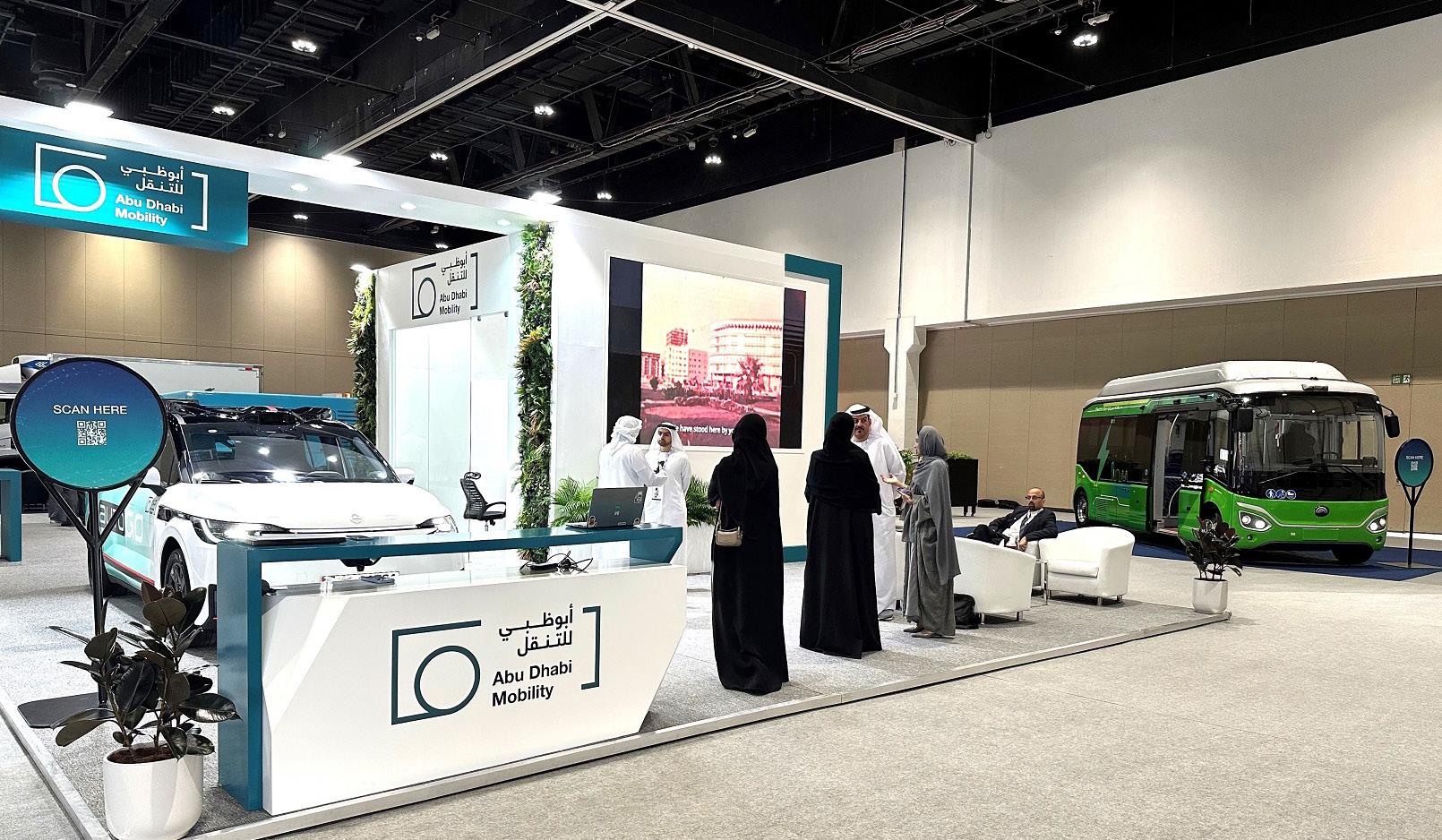
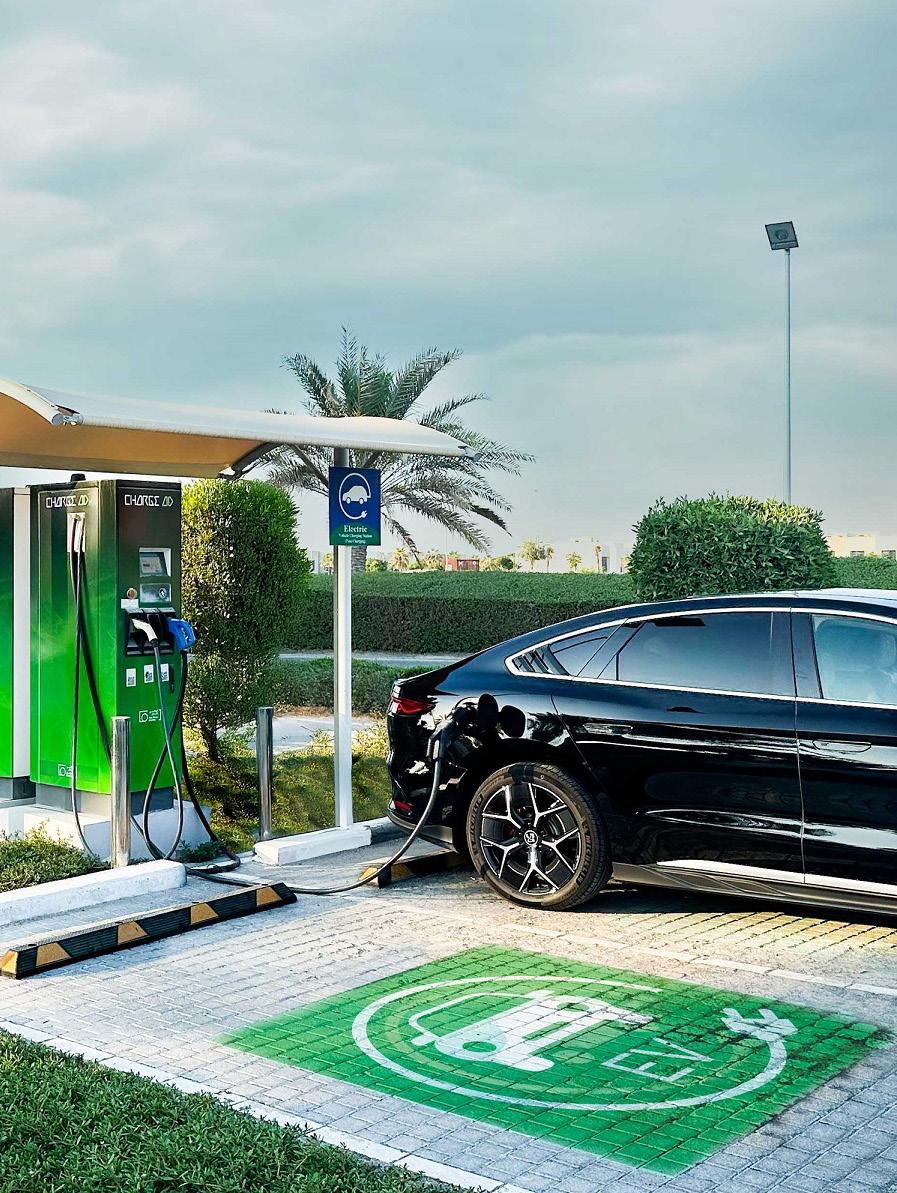
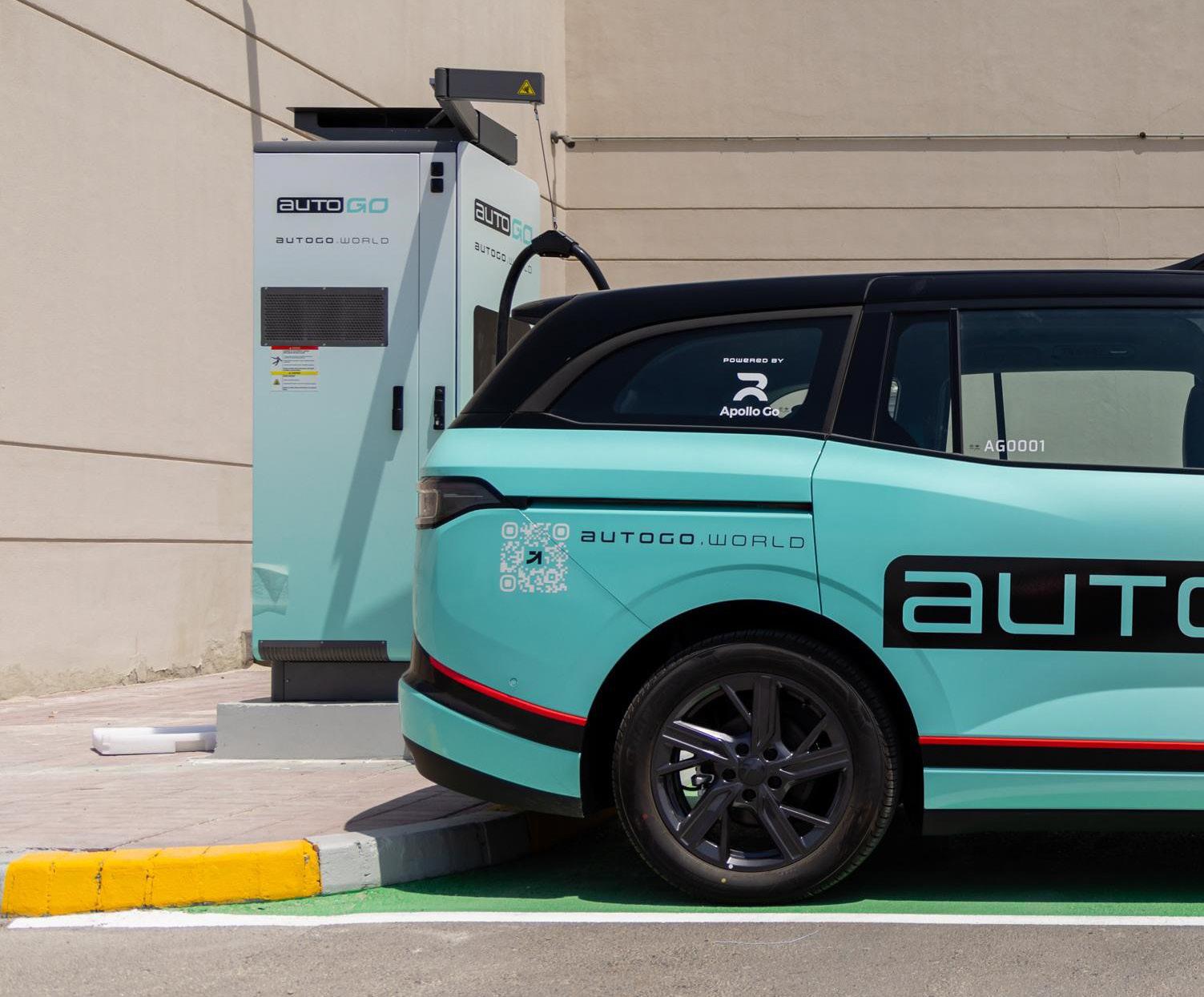
2030, Abu Dhabi Island is set to become a dedicated green public transport zone— serviced exclusively by zero-emission vehicles.
Electrification extends beyond public buses. Abu Dhabi Mobility is expanding its electric vehicle (EV) infrastructure across the city, forming partnerships with private sector stakeholders to accelerate EV adoption and shared mobility services. These developments aim to reduce the carbon footprint of urban travel while giving residents greener transport options.
Micromobility is another critical pillar in the sustainability framework. Dedicated cycling lanes, expanded pedestrian
pathways, and the promotion of e-bikes and scooters offer safe, efficient alternatives for short-distance travel. These options are particularly effective in bridging the “last-mile” gap, encouraging the use of public transport for longer journeys and active transport for the final stretch.
Bringing the Vision to Life: Infrastructure and Public Engagement
Public transport accessibility is key to any sustainable urban development plan. Abu Dhabi Mobility is addressing this need with both strategic infrastructure projects and user-focused services.
The Integrated Transport Centre (Abu Dhabi Mobility) Expands Autonomous RoboTaxi Service in Collaboration with Autogo and Apollo Go
ABU DHABI MOBILITY
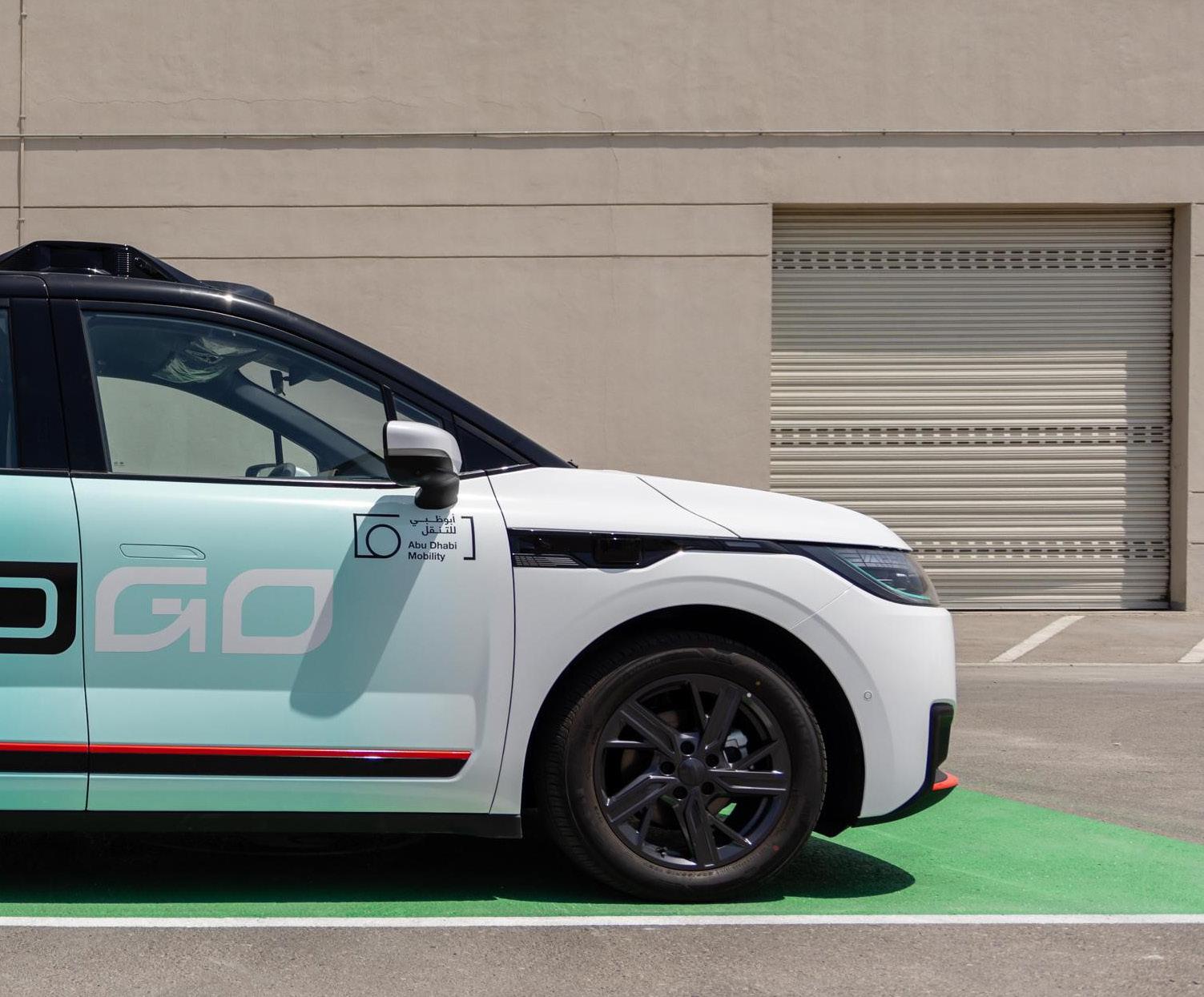
The AD Link On-Demand Bus Service is a shining example of how technology and user-centric design can transform public transport. Accessible via a dedicated app, the service allows residents to book rides in real time, ensuring that buses operate only when and where they are needed. This model not only reduces wait times but also enhances resource efficiency—making public transport more appealing and environmentally responsible.
Investments in micromobility infrastructure, such as dedicated lanes and new pedestrian bridges, are being rolled out alongside the expansion of traditional bus routes and service frequencies. These developments reflect Abu Dhabi Mobility’s
commitment to creating a multimodal transport network that integrates every aspect of urban mobility.
Strategic Partnerships and Future Projects
To meet the demands of a growing city, Abu Dhabi Mobility is forging partnerships and rolling out ambitious infrastructure projects that will shape the next decade of transport in the Emirate.
One notable achievement is the opening of the Al Aliah Ferry Terminal, which strengthens maritime connectivity between Abu Dhabi’s islands and the mainland. As part of a broader strategy
to diversify transport modes, further maritime routes are currently under review.
Other upcoming initiatives include:
Expansion of the Green Bus Network: More zero-emission vehicles will be deployed to support the 2030 green transport zone vision.
Development of Smart Mobility Hubs: In partnership with Masdar and other key players, these hubs will consolidate transport services—including EV charging, e-scooters, and on-demand buses—under one roof.
Micromobility and Active Transport
Investments: Ongoing expansion of cycle paths, pedestrian infrastructure, and micromobility networks to offer lowcarbon alternatives across the city.
Expanding Autonomous Vehicle Service to Include Access Roads to Zayed International Airport
The Integrated Transport Centre (Abu Dhabi Mobility) Organises the “No Distraction While Driving” Forum
These projects underscore Abu Dhabi Mobility’s holistic approach to urban mobility—prioritising sustainability, efficiency, and innovation at every stage of development.
Tackling Challenges Through Innovation
Despite its remarkable progress, Abu Dhabi faces familiar urban transport challenges: traffic congestion, gaps in public transport coverage, and the behavioural shift required to move away from car dependency.
Abu Dhabi Mobility’s multi-pronged strategy addresses these issues head-on. Smart traffic management, enhanced service accessibility, and integration of real-time data analytics all play crucial roles in reducing congestion and improving journey times.
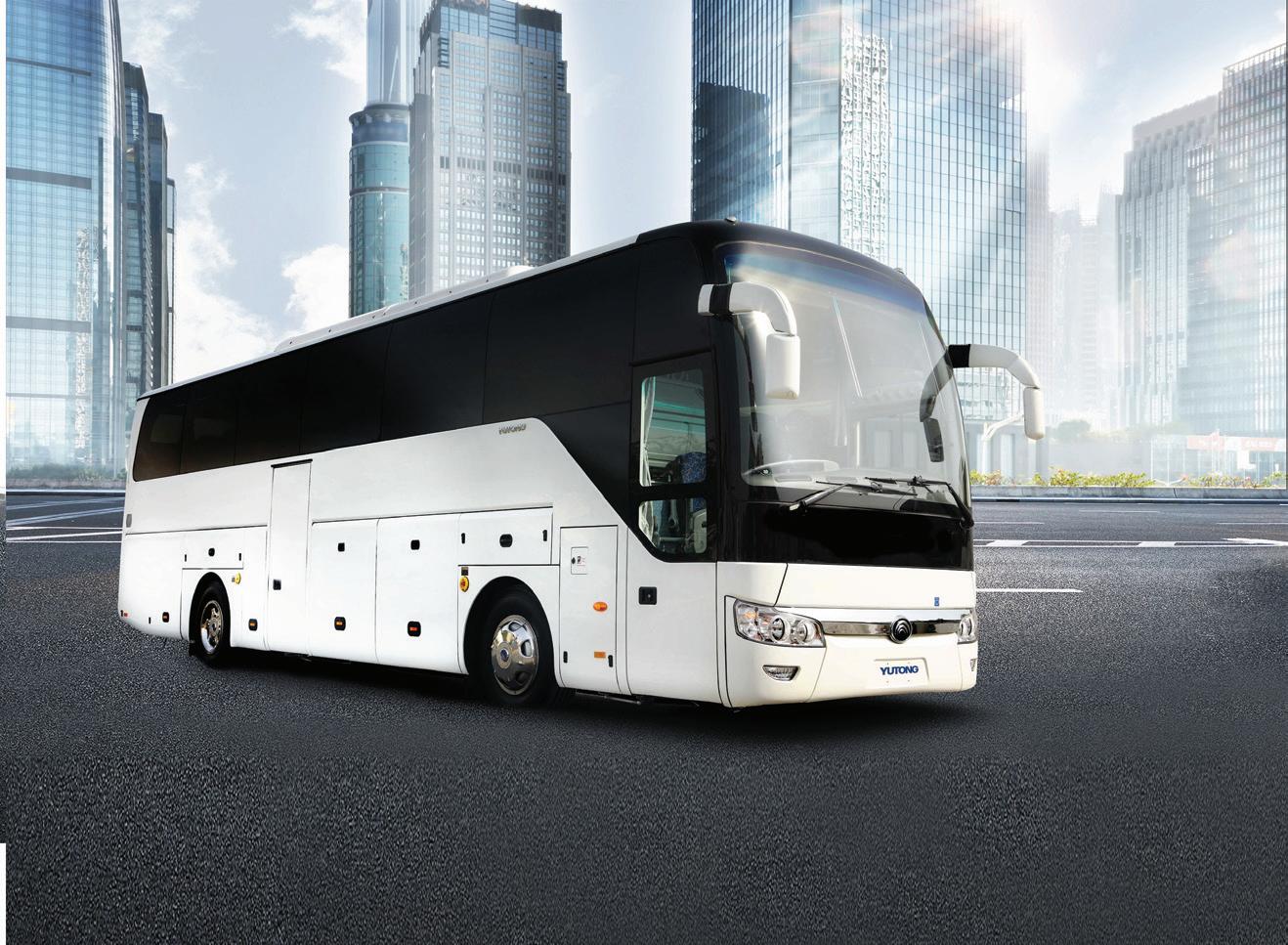
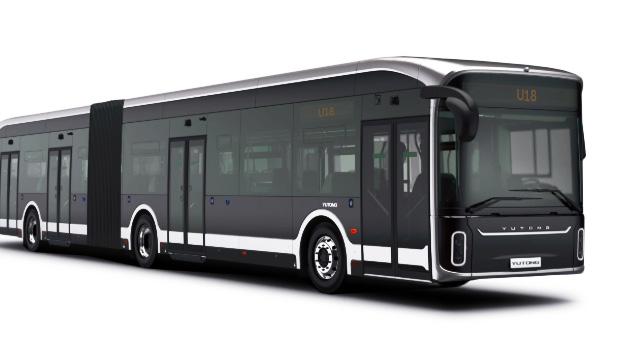
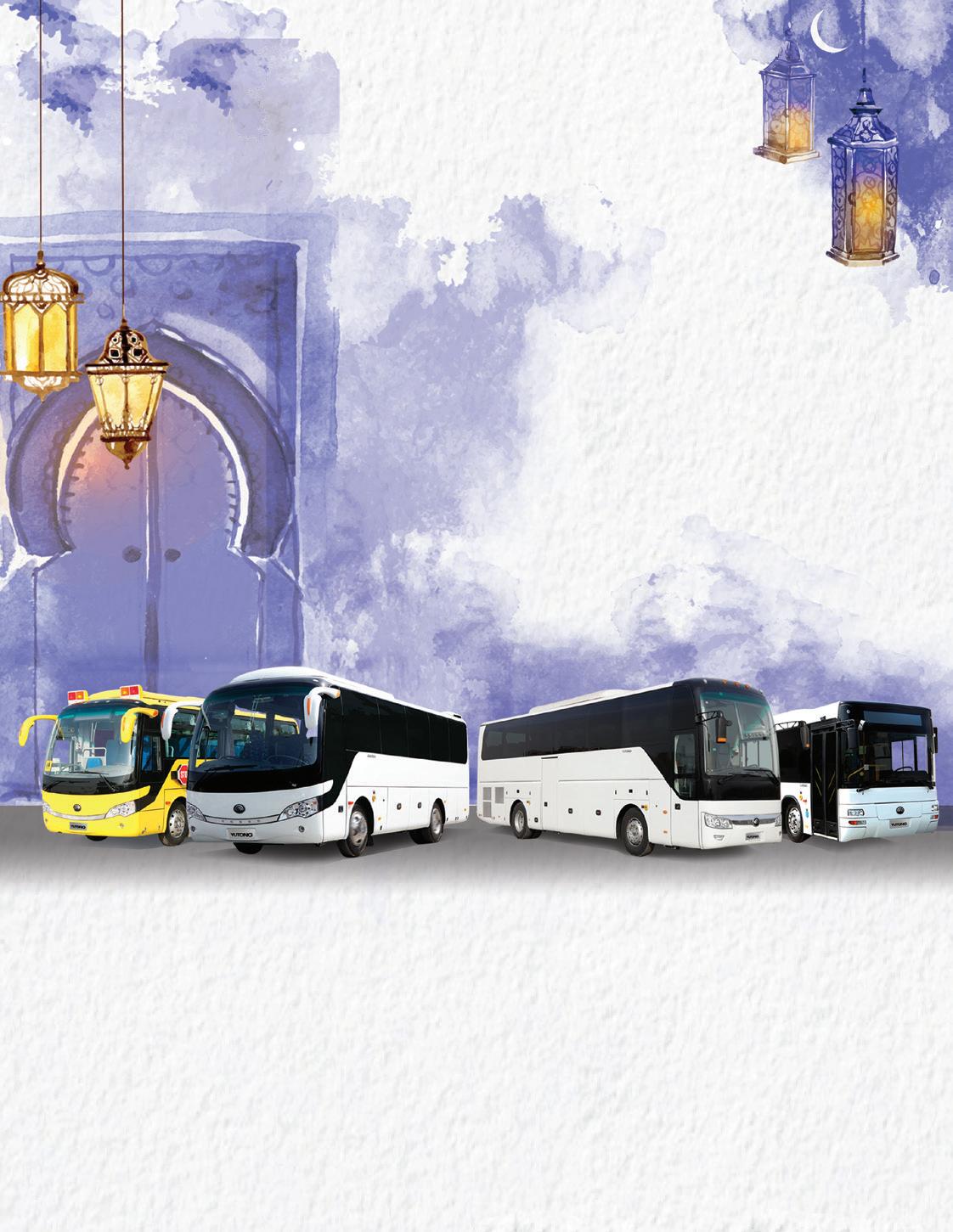
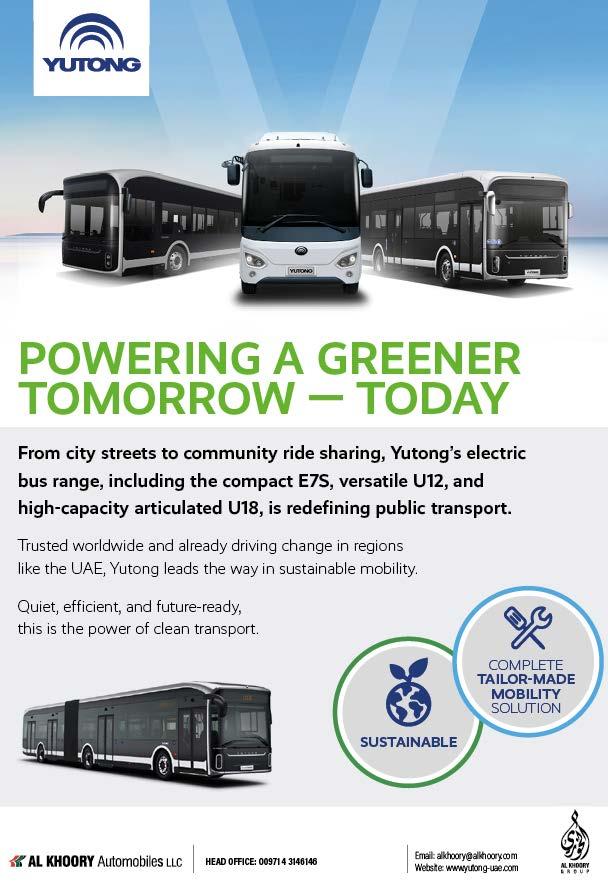
Meanwhile, increasing the reliability and coverage of public transport—through services like AD Link and expanded bus routes—is helping foster a cultural shift toward more sustainable transport habits.
Staying Ahead of the Curve
To remain a global leader in transport innovation, Abu Dhabi Mobility keeps its finger firmly on the pulse of emerging mobility trends. From piloting autonomous vehicle programmes to collaborating with international innovators, the Centre is committed to testing, refining, and scaling new technologies.
Regulatory flexibility is a key enabler. Abu Dhabi Mobility works in tandem with government entities to ensure that evolving technologies—such as autonomous shuttles or AI fleet management—are seamlessly integrated into the existing system.
This agile approach to regulation and infrastructure ensures that the city’s transport ecosystem remains futureproof—capable of adapting to new mobility paradigms as they emerge.
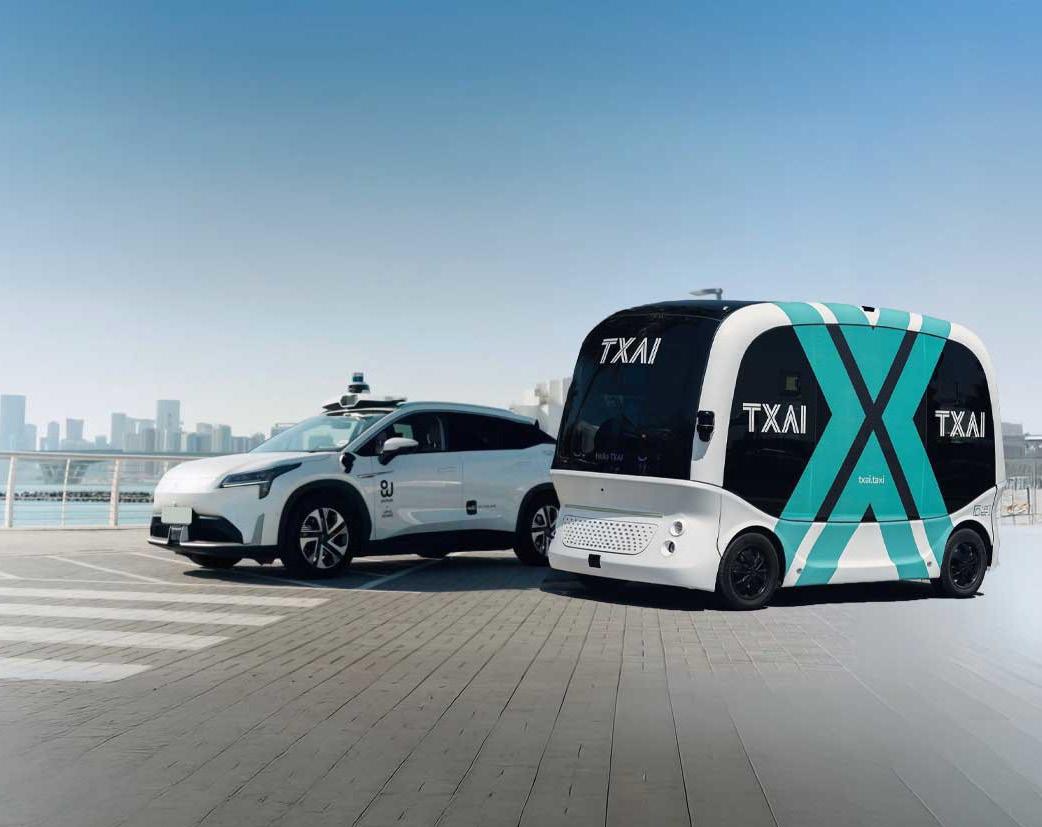
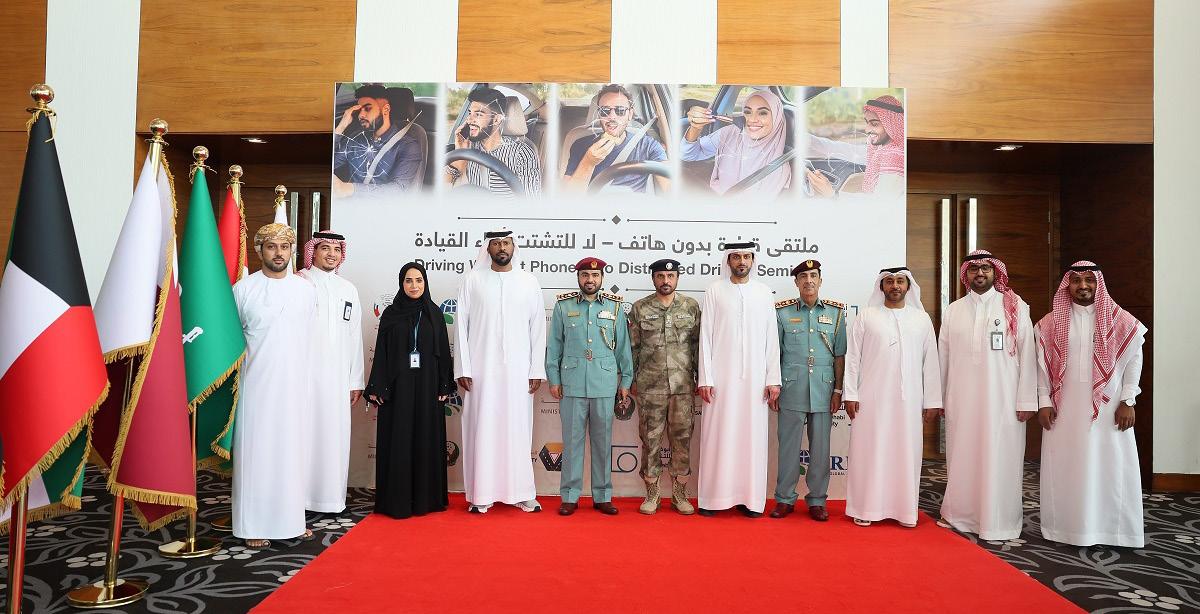
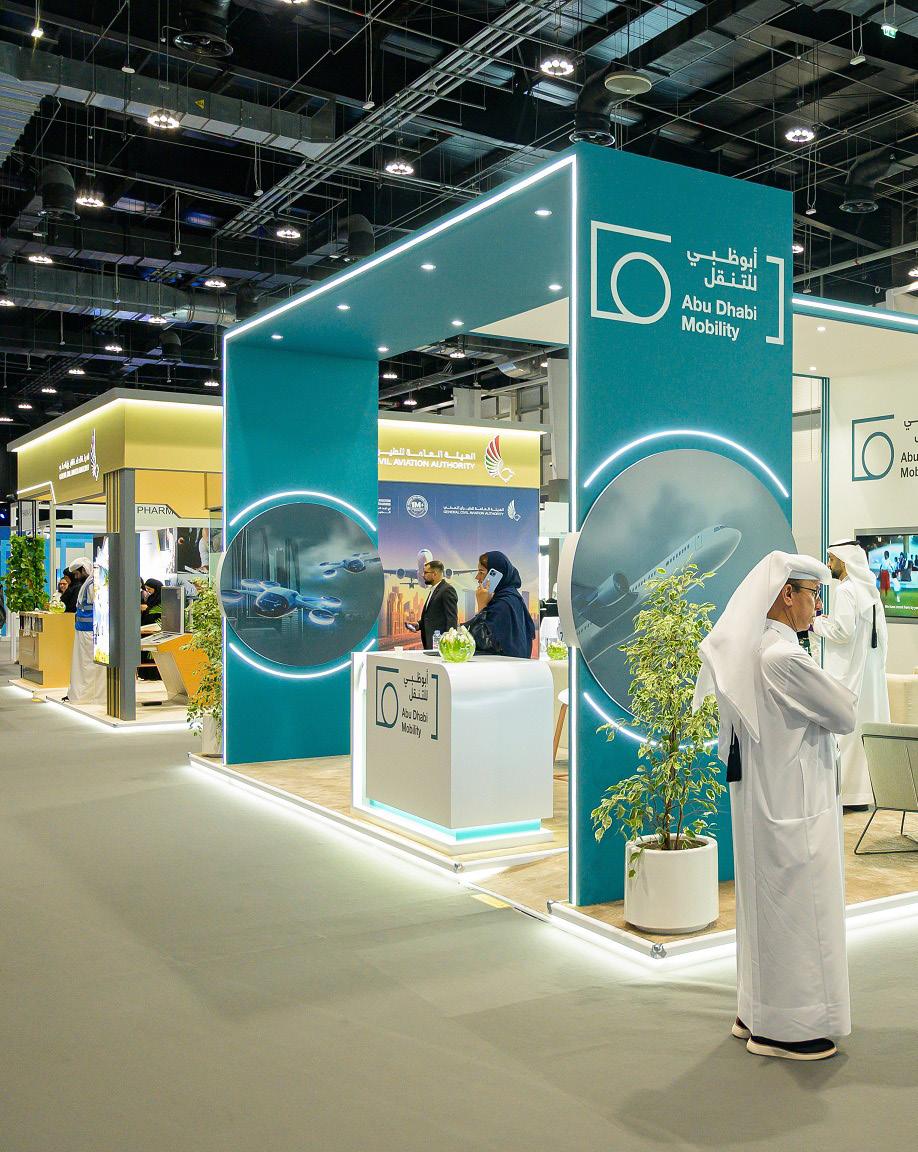
ABU DHABI MOBILITY
TRANSPORT
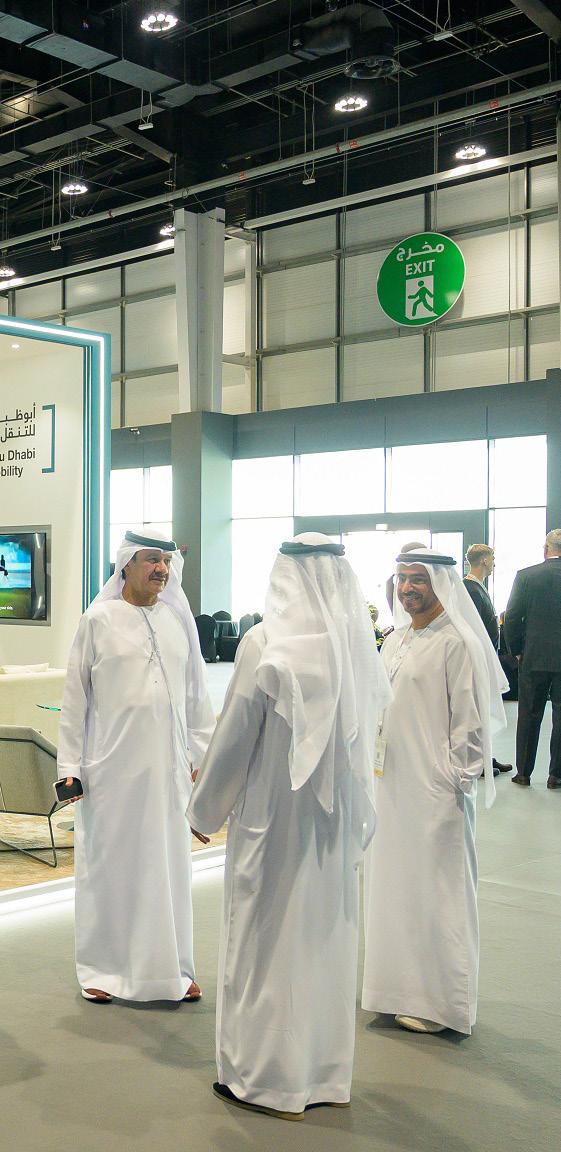
The Next Five Years: Priorities and Ambitions
Looking ahead, Abu Dhabi Mobility has set a bold agenda for the future. Over the next five years, the Centre will focus on three primary goals:
1. Accelerating Sustainability: Expanding the electric and hydrogen-powered bus fleet, alongside investments in green infrastructure such as EV charging networks and active transport facilities.
2. Enhancing Multimodal Connectivity:
Integrating buses, maritime services, micromobility options (like e-scooters and e-bikes), and on-demand transport into a seamless network—anchored by smart mobility hubs.
3. Pioneering Digital Mobility:
Continuing to invest in AI, big data, and IoT technologies to offer predictive, responsive, and user-friendly transport solutions.
At the heart of this vision is the ambition to build a mobility system that is not only smart and efficient, but also deeply human-centric—designed around the needs, habits, and aspirations of its users.
Abu Dhabi as a Global Mobility Leader
Abu Dhabi Mobility is doing more than just modernising transport—it is reimagining what urban mobility can be in the 21st century. Through visionary leadership, strategic investments, and a firm commitment to sustainability, the Centre is positioning Abu Dhabi as a benchmark for intelligent, inclusive, and future-ready transport systems.
As cities around the world grapple with climate change, congestion, and outdated infrastructure, Abu Dhabi offers a blueprint for transformation—one where technology and humanity work hand in hand to move people better, faster, and greener.
www.admobility.gov.ae/en

www.admobility.gov.ae/en
